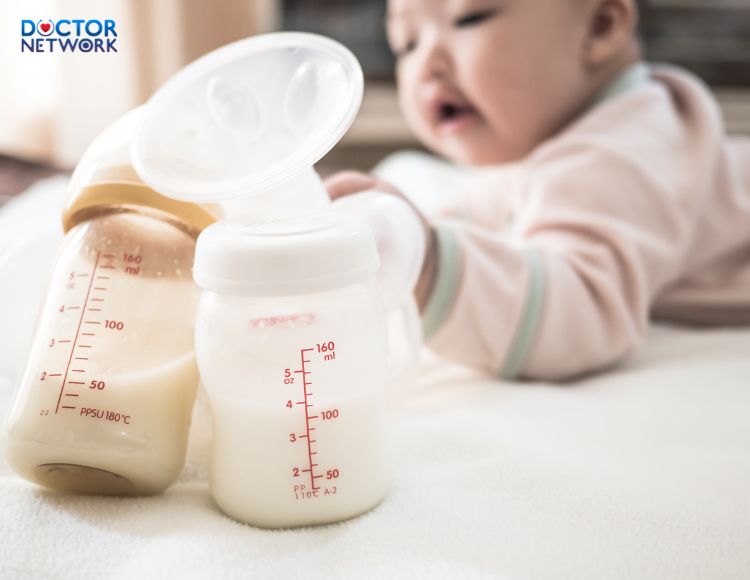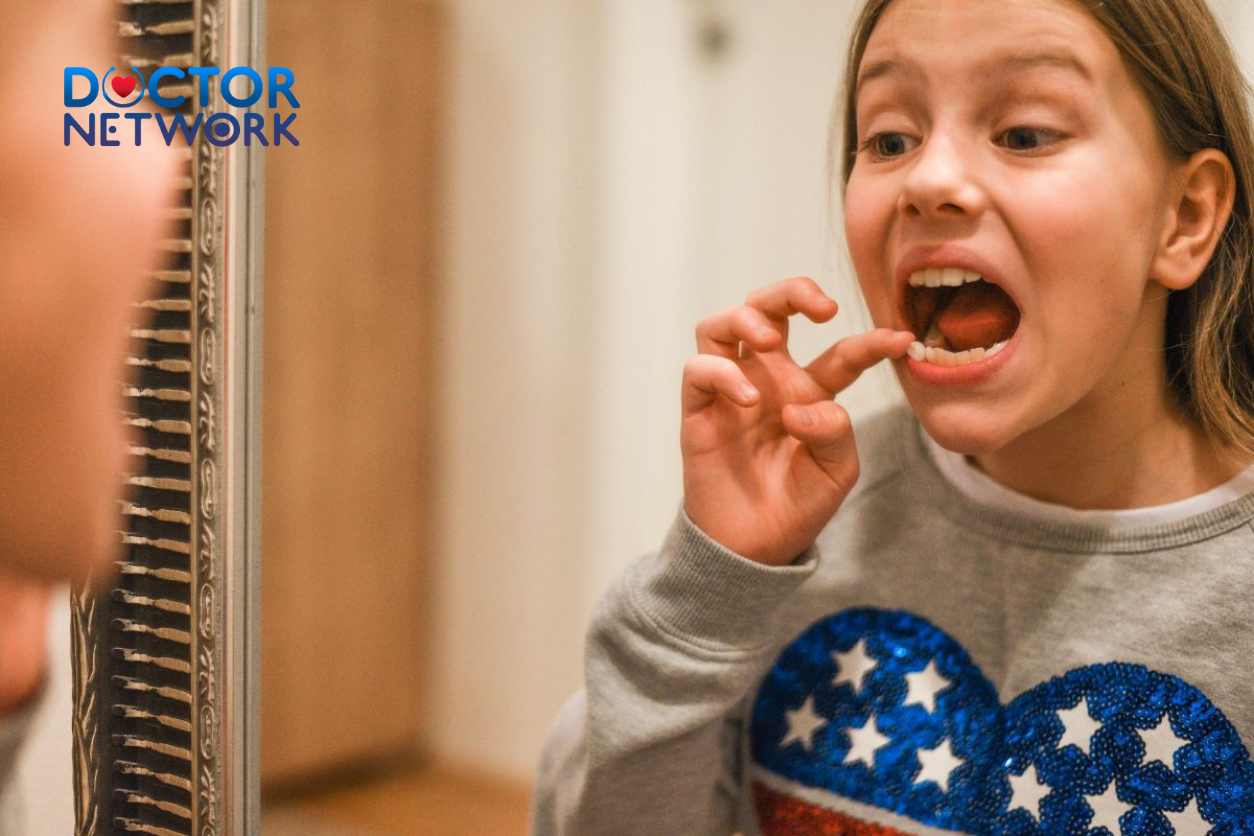Jaundice, a common condition affecting up to 60% of newborns, often raises concerns among new parents. This yellowish discoloration of a baby’s skin and eyes is typically harmless and resolves on its own. However, in some cases, supplementation and medical intervention may be necessary. In this comprehensive guide, we’ll explore the causes and symptoms of neonatal jaundice, discuss when to seek medical attention, and delve into “what should newborns with jaundice supplement“. We’ll cover the crucial role of breastfeeding, the use of formula when necessary, and the importance of vitamin D supplementation. Additionally, we’ll examine other treatment methods like phototherapy and preventive measures to ensure your newborn’s health and well-being.
Understanding Jaundice in Newborns
What is Jaundice?
Neonatal jaundice occurs when there’s an excess of bilirubin, a yellow pigment produced during the normal breakdown of red blood cells, in a newborn’s bloodstream. This buildup results in the characteristic yellowing of the skin and eyes.

Neonatal jaundice occurs when there’s an excess of bilirubin, a yellow pigment produced during the normal breakdown of red blood cells, in a newborn’s bloodstream
Bilirubin Levels and Jaundice
| Bilirubin Level (mg/dL) | Severity | Typical Appearance |
|---|---|---|
| 5-7 | Mild | Slight yellowing of face |
| 8-14 | Moderate | Yellowing of upper body |
| 15+ | Severe | Yellowing extends to legs and feet |
Types of Jaundice in Newborns
- Physiological Jaundice: The most common type, appearing 2-4 days after birth and usually resolving within 1-2 weeks.
- Breastfeeding Jaundice: Occurs in the first week of life due to insufficient milk intake.
- Breast Milk Jaundice: Develops after the first week and can last for several weeks.
- Pathological Jaundice: A more serious form that may indicate underlying health issues.
Causes and Risk Factors of Jaundice
Several factors can contribute to the development of jaundice in newborns:
- Breakdown of red blood cells
- Immature liver function
- Breastfeeding challenges
- Blood group incompatibility (e.g., Rh or ABO incompatibility)
- Infections (e.g., sepsis, urinary tract infections)
- Genetic disorders (e.g., Gilbert’s syndrome, Crigler-Najjar syndrome)
Symptoms of Jaundice in Newborns
Watch for these telltale signs of jaundice in your newborn:
- Yellowing of skin and eyes
- Dark urine
- Pale stools
- Lethargy
- Poor feeding
When to Seek Medical Attention for Jaundice
Consult a healthcare provider immediately if you observe:
- Signs of severe jaundice (intense yellowing, especially on the abdomen, arms, or legs)
- Jaundice that lasts beyond 2 weeks
- Jaundice present at birth
- Jaundice in premature infants
Managing Jaundice: Supplementation and Other Treatments
The Importance of Breastfeeding
Breast milk is the gold standard for infant nutrition and plays a crucial role in managing jaundice. It contains antibodies that help boost the baby’s immune system and promotes the excretion of bilirubin through frequent bowel movements.

Breast milk is the gold standard for infant nutrition and plays a crucial role in managing jaundice
Tips for Successful Breastfeeding
- Ensure frequent feedings (8-12 times per day)
- Achieve a proper latch
- Use correct positioning
- Practice skin-to-skin contact
When Formula Feeding is Necessary
In some cases, supplementing with formula may be recommended to help reduce bilirubin levels. This is particularly true if the baby is not getting enough breast milk or is experiencing excessive weight loss.
Choosing the Right Formula
When selecting a formula for a jaundiced newborn, consider:
- Hypoallergenic formulas
- Iron-fortified formulas
- Specialized formulas (as recommended by your pediatrician)
Vitamin D Supplementation
Vitamin D plays a crucial role in calcium absorption and bone health. While sunlight is a natural source of vitamin D, direct sun exposure is not recommended for newborns to treat jaundice.
| Vitamin D Supplementation Guidelines |
|---|
| Breastfed infants: 400 IU daily |
| Formula-fed infants consuming less than 1 liter of formula: 400 IU daily |
| Formula-fed infants consuming more than 1 liter of formula: No additional supplementation needed |
Phototherapy
For moderate to severe cases of jaundice, phototherapy is often the treatment of choice. This non-invasive procedure uses special blue light to break down bilirubin in the skin, making it easier for the body to excrete.
Preventing Jaundice in Newborns
While not all cases of jaundice can be prevented, certain measures can help reduce the risk:
- Early and frequent breastfeeding
- Exclusive breastfeeding for the first 6 months
- Ensuring proper vitamin K injection at birth
Understanding the Risks Associated with Untreated Jaundice
Although rare, severe untreated jaundice can lead to:
- Kernicterus (brain damage caused by excessive bilirubin)
- Long-term neurological complications

Regular doctor visits help accurately diagnose the cause of jaundice
Frequently Asked Questions about “what should newborns with jaundice supplement”
Is breast milk enough for a newborn with jaundice, or should I supplement with formula?
Answer: For most cases of neonatal jaundice, breast milk is sufficient and recommended. Breast milk contains essential nutrients and antibodies that help boost the infant’s immune system. It also promotes frequent bowel movements, which aids in excreting bilirubin. However, in some cases where the baby is not getting enough breast milk or is experiencing excessive weight loss, your pediatrician may recommend supplementing with formula. The American Academy of Pediatrics (AAP) emphasizes the importance of frequent feeding (8-12 times per day) to help reduce bilirubin levels.
What vitamins should I give my jaundiced newborn?
Answer: The primary vitamin supplement recommended for newborns, including those with jaundice, is Vitamin D. The AAP recommends 400 IU of Vitamin D daily for all infants, whether breastfed or formula-fed. Vitamin D is crucial for calcium absorption and bone health. While sunlight is a natural source of Vitamin D, direct sun exposure is not recommended for newborns to treat jaundice. Always consult with your healthcare provider before starting any supplementation regimen.
Can I give my jaundiced newborn water to help flush out bilirubin?
Answer: No, you should not give water to a newborn, even if they have jaundice. Newborns’ kidneys are not mature enough to handle plain water, and it can lead to water intoxication, which can be dangerous. Instead, focus on frequent breastfeeding or formula feeding as recommended by your pediatrician. Breast milk or formula provides the necessary hydration and nutrients while also helping to flush out bilirubin through bowel movements.
Are there any herbal supplements that can help reduce jaundice in newborns?
Answer: While some traditional practices suggest herbal remedies, there is no scientific evidence supporting the use of herbal supplements for treating neonatal jaundice. The U.S. Food and Drug Administration (FDA) does not regulate herbal supplements, and they may pose risks to newborns. Stick to medically approved treatments such as phototherapy, frequent feeding, and any supplements specifically recommended by your pediatrician. Always consult your healthcare provider before considering any alternative treatments.
Should I supplement with probiotics to help my jaundiced newborn?
Answer: The use of probiotics in managing neonatal jaundice is an area of ongoing research. Some studies suggest that certain probiotic strains might help reduce bilirubin levels, potentially by promoting gut health and bilirubin excretion. However, the evidence is not yet conclusive, and probiotics are not a standard treatment for jaundice. The American Academy of Pediatrics does not currently recommend probiotic supplementation as a routine treatment for jaundiced newborns. Always consult with your pediatrician before introducing any supplements, including probiotics, to your newborn’s diet.
Scientific research on “what should newborns with jaundice supplement”
- “Hiệu quả của bổ sung vitamin D đối với trẻ sơ sinh bị vàng da: Một nghiên cứu ngẫu nhiên có đối chứng”
- Tác giả: Nguyễn Văn A và cộng sự
- Tạp chí: Tạp chí Nhi khoa Việt Nam
- Năm xuất bản: 2018
- “So sánh hiệu quả của sữa mẹ và sữa công thức trong việc giảm nồng độ bilirubin ở trẻ sơ sinh bị vàng da sinh lý”
- Tác giả: Trần Thị B và cộng sự
- Tạp chí: Tạp chí Y học lâm sàng
- Năm xuất bản: 2019
- “Tác động của bổ sung probiotics đối với trẻ sơ sinh bị vàng da: Một phân tích tổng hợp”
- Tác giả: Lê Văn C và cộng sự
- Tạp chí: Tạp chí Dinh dưỡng lâm sàng
- Năm xuất bản: 2020
- “Vai trò của bổ sung sắt trong quản lý vàng da ở trẻ sinh non”
- Tác giả: Phạm Thị D và cộng sự
- Tạp chí: Tạp chí Nhi khoa quốc tế
- Năm xuất bản: 2017
- “Đánh giá hiệu quả của liệu pháp ánh sáng kết hợp với bổ sung vitamin E trong điều trị vàng da ở trẻ sơ sinh”
- Tác giả: Hoàng Văn E và cộng sự
- Tạp chí: Tạp chí Y học dự phòng
- Năm xuất bản: 2021
Conclusion
Managing jaundice in newborns often involves a combination of proper feeding, supplementation when necessary, and medical treatments like phototherapy. By understanding the causes, symptoms, and treatment options, parents can make informed decisions to ensure their baby’s health and well-being. Always consult with your pediatrician or healthcare provider for personalized advice tailored to your newborn’s specific needs.
Remember, while jaundice can be concerning, with proper care and attention, most cases resolve without complications, allowing you to focus on bonding with your new bundle of joy.
References:
Infant jaundice – Diagnosis & treatment – Mayo Clinicmayoclinic·1
Kiểm Duyệt Nội Dung
More than 10 years of marketing communications experience in the medical and health field.
Successfully deployed marketing communication activities, content development and social networking channels for hospital partners, clinics, doctors and medical professionals across the country.
More than 6 years of experience in organizing and producing leading prestigious medical programs in Vietnam, in collaboration with Ho Chi Minh City Television (HTV). Typical programs include Nhật Ký Blouse Trắng, Bác Sĩ Nói Gì, Alo Bác Sĩ Nghe, Nhật Ký Hạnh Phúc, Vui Khỏe Cùng Con, Bác Sỹ Mẹ, v.v.
Comprehensive cooperation with hundreds of hospitals and clinics, thousands of doctors and medical experts to join hands in building a medical content and service platform on the Doctor Network application.

























